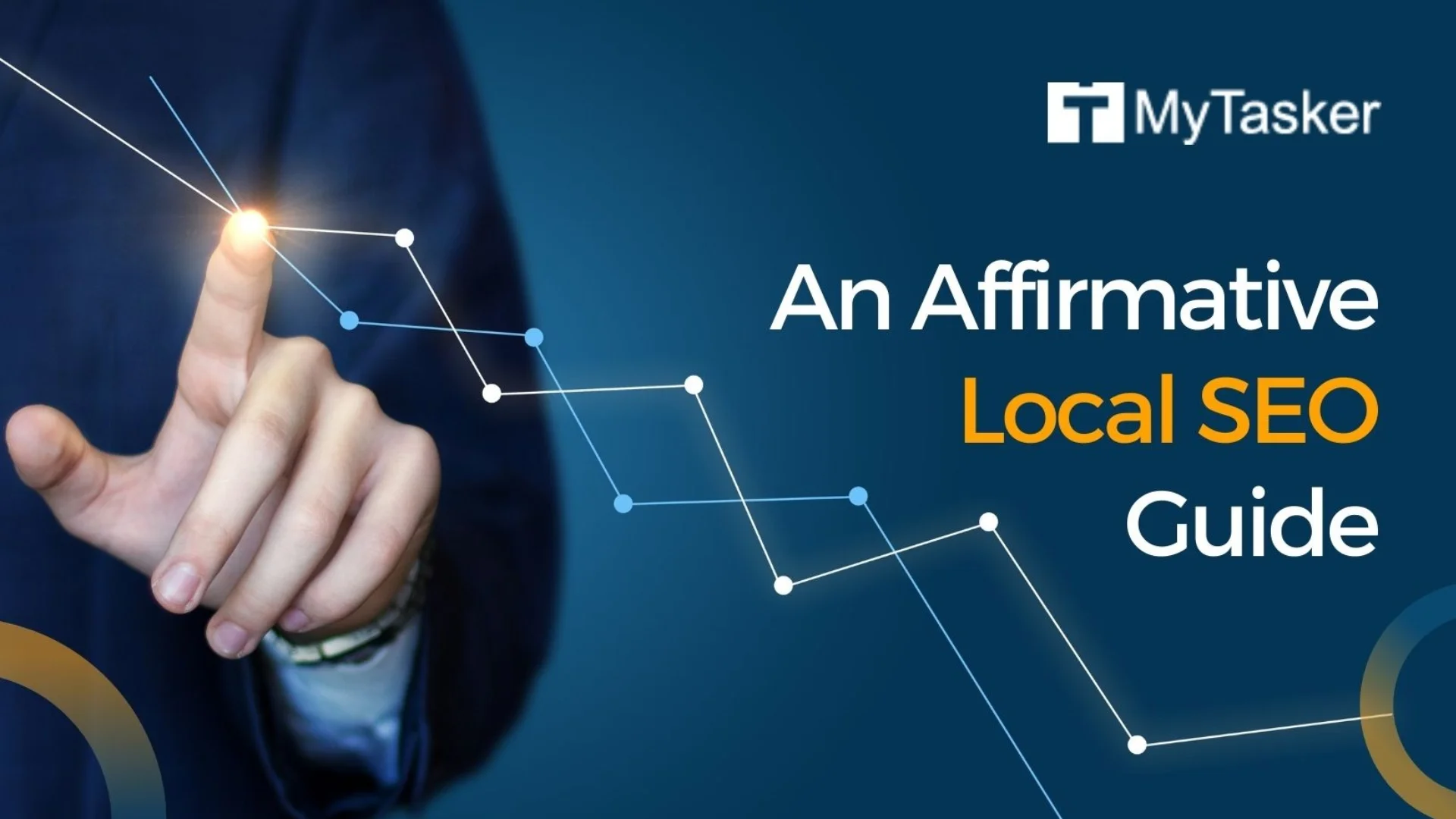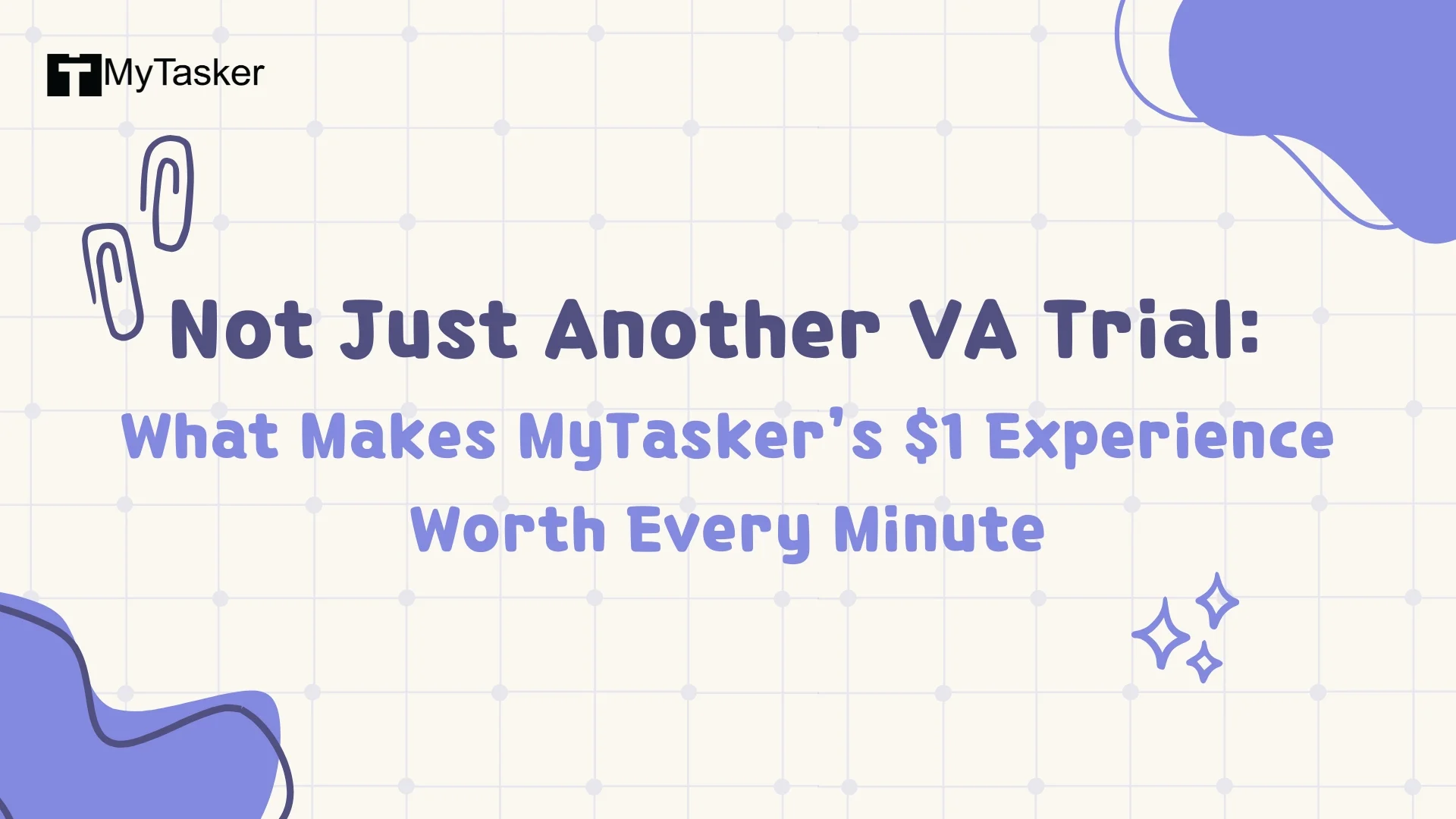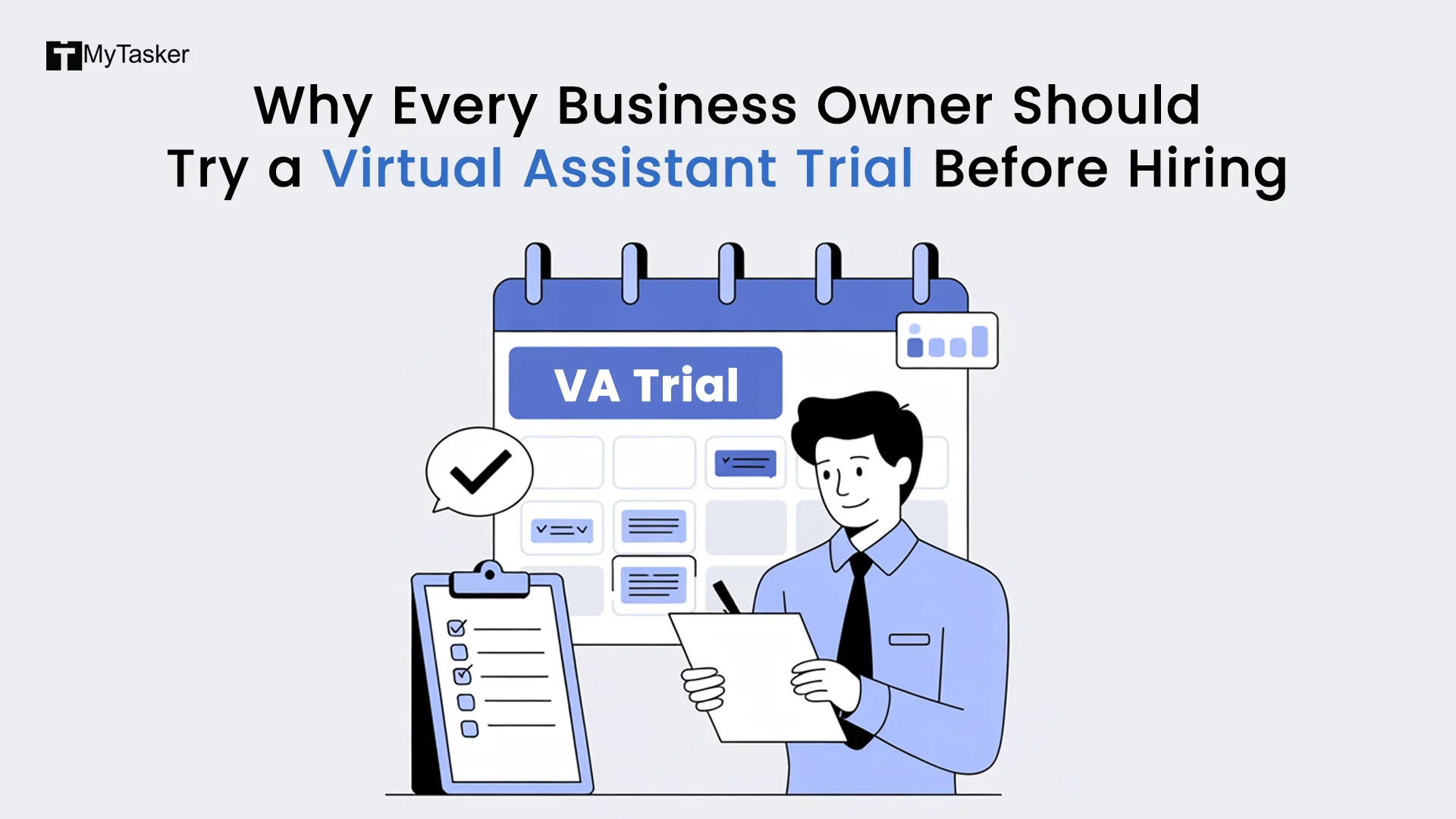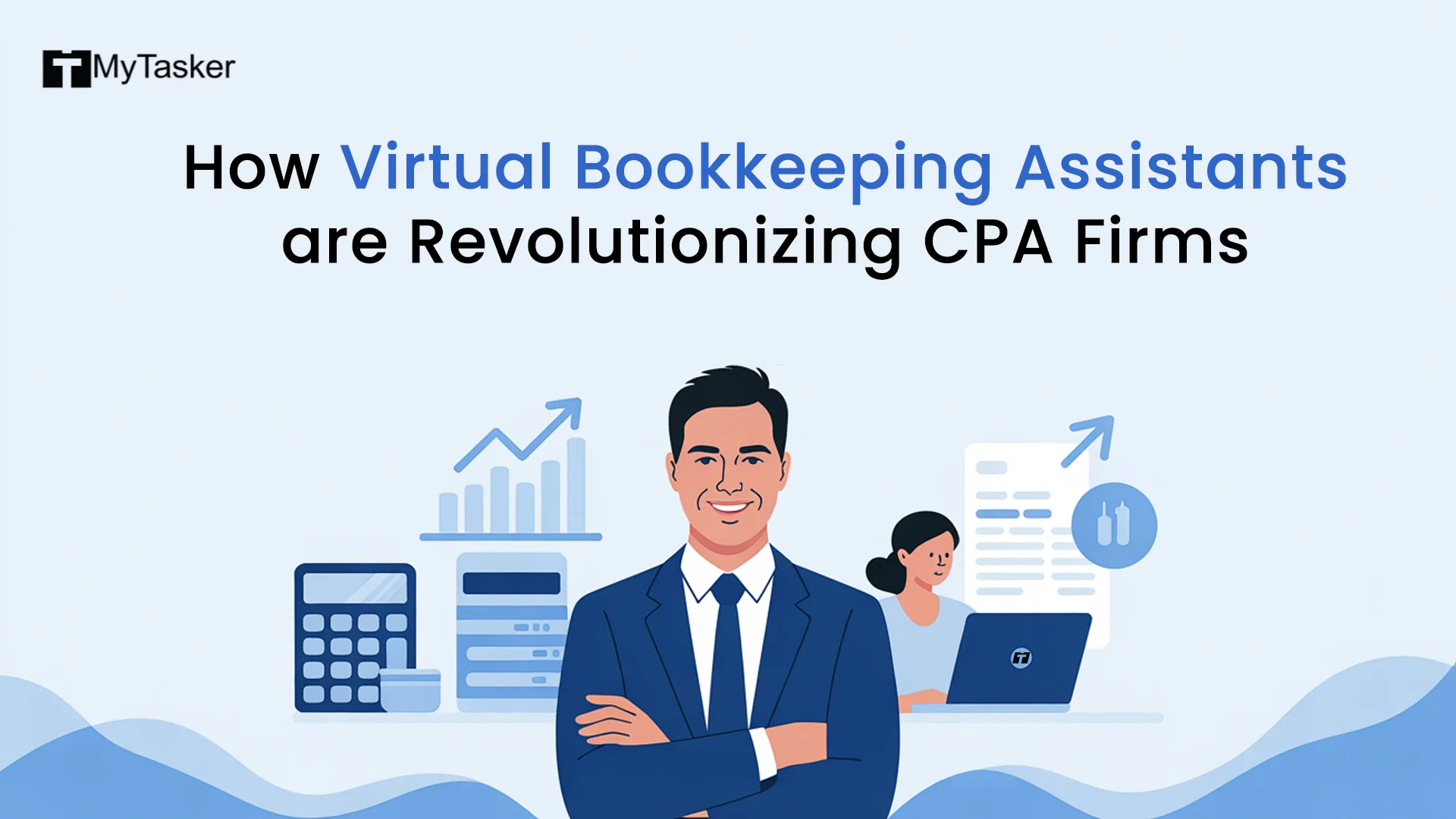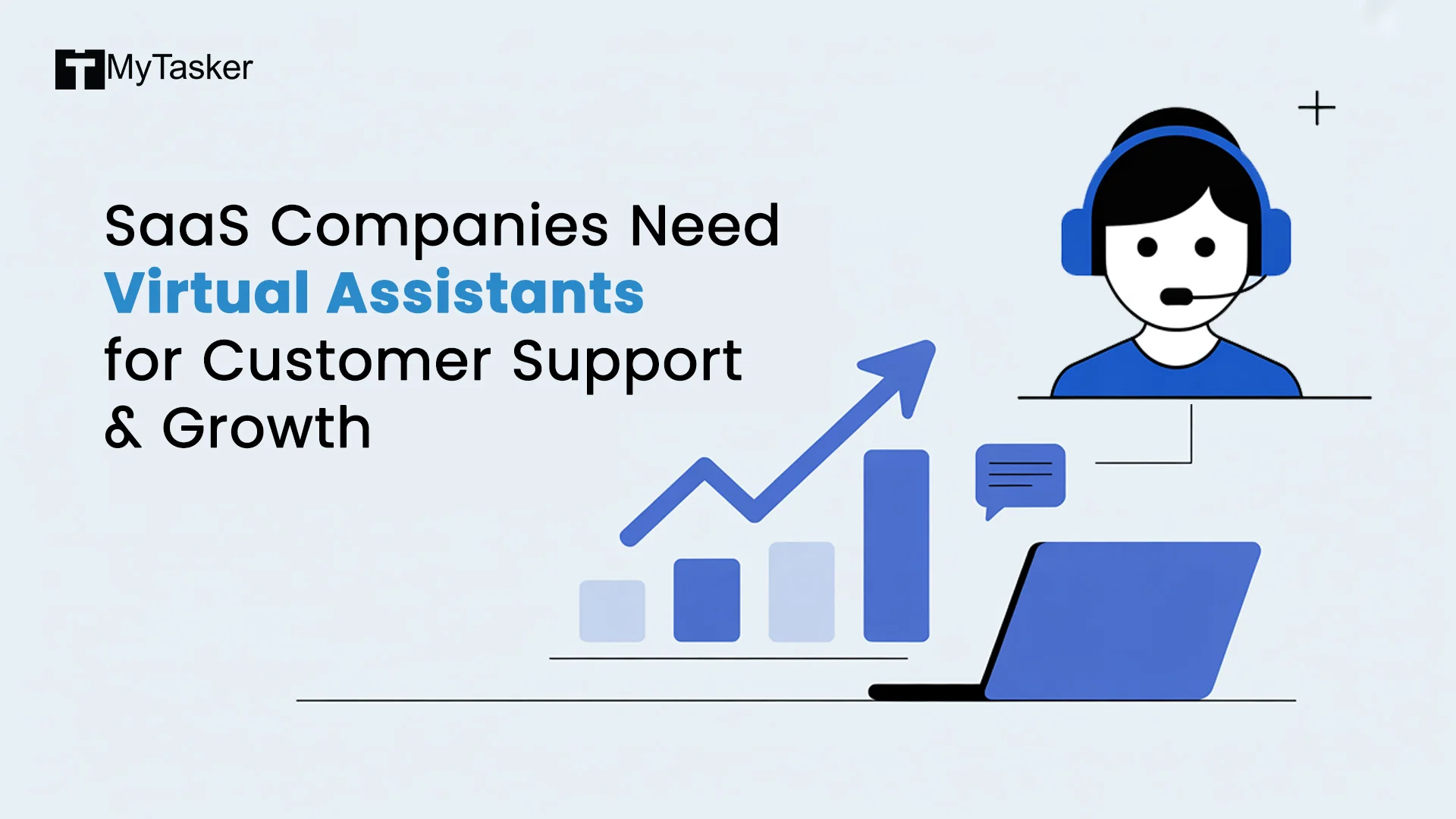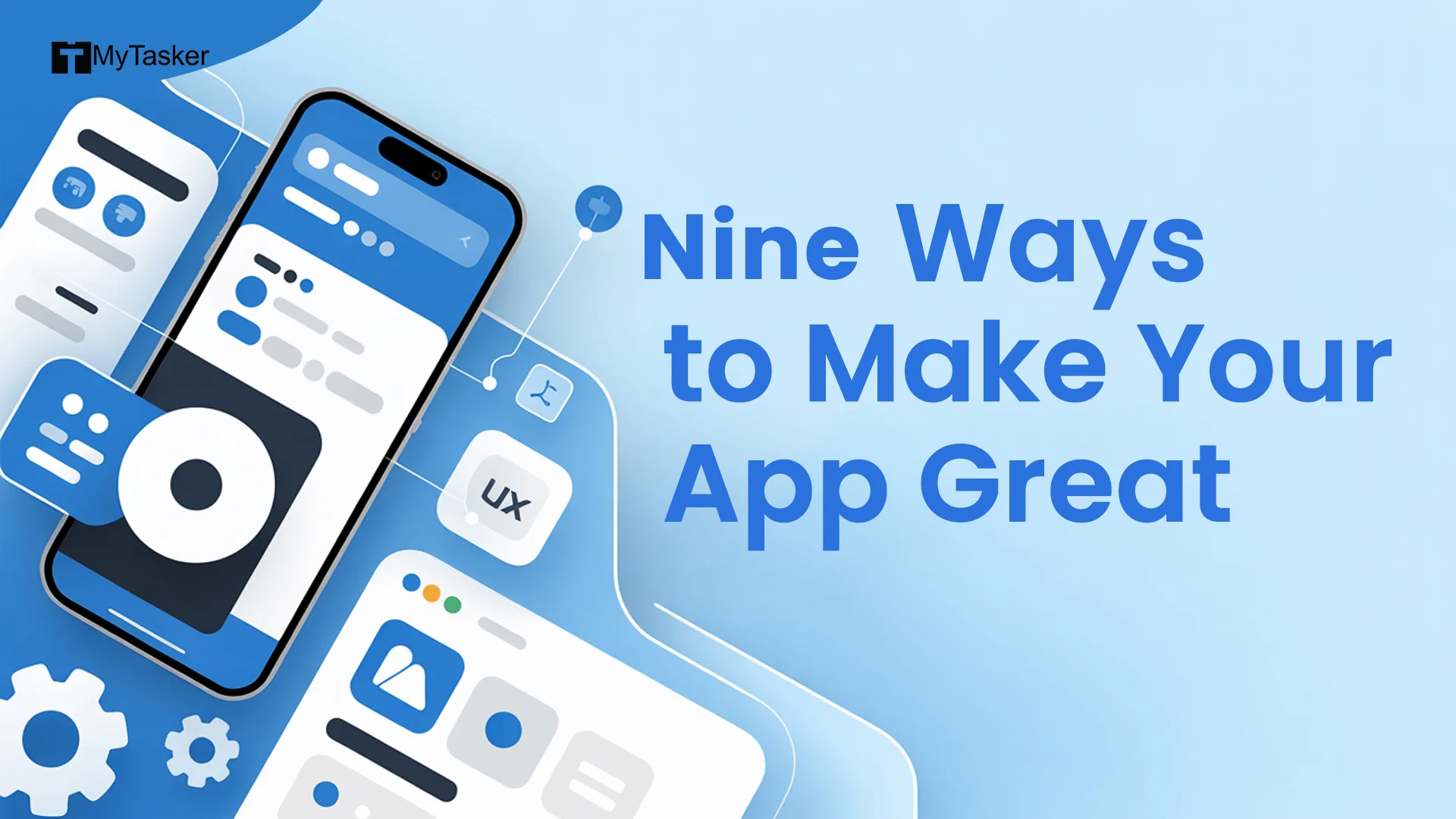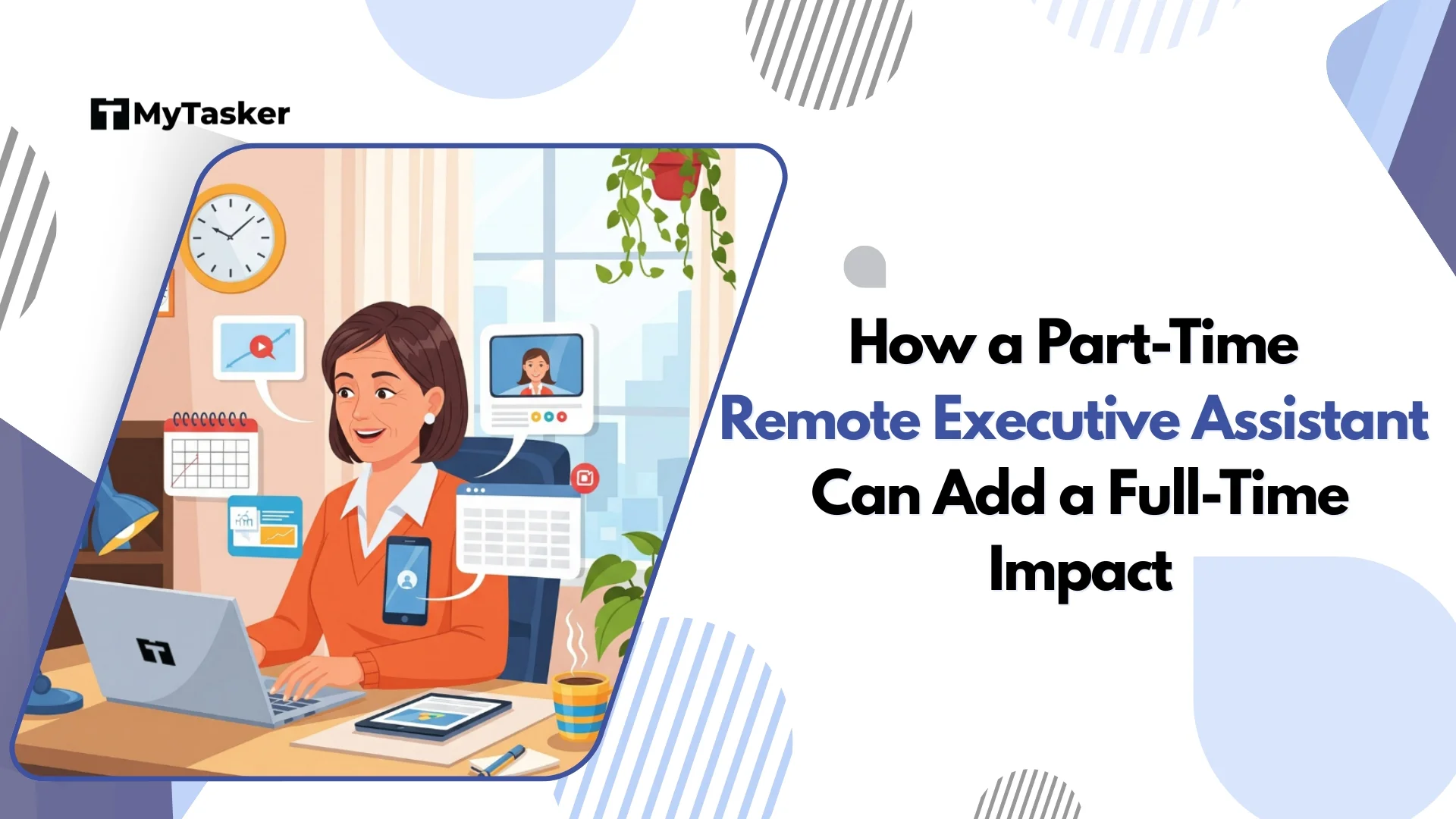What Is Local SEO Vs SEO?
Local SEO is a branch of general SEO that is aimed at the promotion of a certain website in the local context. While the general SEO focuses on the website ranking in many different search phrases, the local SEO targets geographic phrases. For instance, local SEO enables a business to rank when users type a given service or product together with the location, for example, ‘best coffee shop near me.’ Local keywords, Google My Business profile, and local link building are some strategies in local SEO. Classic SEO refers to a general approach to enhancing the general website search engine position.
Is Local SEO Free?
Local SEO itself is not inherently free; it involves both costs and free methods. The core activities, refining your Google My Business listing, researching local keywords, and enhancing your on-site optimization are completely free. However, it will be costly to buy local SEO tools, paid advertising, or hire professional SEO services. Even though there are many tasks related to local SEO you can take care of by yourself, an expert or agency might offer more effective techniques and a faster outcome, which comes at a cost.
What Is Local SEO And Technical SEO?
Local SEO deals with the process of optimizing a website to feature in local search results as well as targeting geo-specific keywords. This encompasses management and optimization of Google My Business profiles, citation, and local link building. Technical SEO, in contrast, focuses on things that are not visible to the users but have a direct influence on how a site is crawled and indexed by the search engine, including site speed, mobile responsiveness, or the incorporation of structured data. Both are important for general SEO but the local SEO is focused on the visibility of the site in the local searches while the technical SEO deals with the site’s technical aspects that help in the SEO process.
Is Local SEO Paid?
Local SEO in itself is a blend of paid and unpaid services. Some of the basic local SEO strategies like Google My Business listing, finding the most efficient keywords for local targeting, and on-page optimization, do not necessarily require spending any money. However, depending on how intense you want to go, you may want to invest in paid tools for keyword research, competitor analysis, or citation building. Moreover, there are local paid ads like Google Ads or social media promotions that can also help in enhancing your organic local SEO traffic.
How Do I Start Local SEO?
When starting local SEO, the first step to take is to optimize the Google My Business (GMB) profile to ensure that it has all the necessary information about the business, the categories the business falls under, and high-quality images. To do this, local keyword research needs to be conducted to find out what terms your potential customers use and then use these keywords throughout your website as well as in meta tags and in local business listings. Create local citations to list your business in local directories and review sites. Ensure that your happy clients give positive reviews on your GMB profile and also always reply to the reviews as a way of interacting with your customers. Last but not least, target white hat backlinks from local websites only and preferably from authoritative websites.
Is Local SEO Profitable?
Local SEO often turns out to be very lucrative for businesses that work in a given geographic area. When you opt for local SEO, you target the customers in your region and this means that you will get more traffic in turn, and more sales. Local SEO is usually very effective in terms of ROI since the users that are being targeted are those who are in need of products or services within their region. Thus, local SEO can be a perfect solution for small and medium companies to compete with large rivals and attract a constant stream of local customers.
How To Rank For Local SEO?
To perform better for local SEO, make sure that your Google My Business listing is complete with the correct contact information such as the business location, phone number, business operating hours, and the most suitable categories. Integrate local keywords into your website’s text, meta tags, and local directories. Increase local citations by registering your business in relevant local directories and review sites. Concentrate on obtaining quality backlinks from local sources in the industry-related websites. Promote and participate in customer reviews to enhance your business reputation and customer relations. Also, make sure your website is mobile responsive with a fast loading speed for better user experience and ranking.
What Is a Local SEO Checklist?
A local SEO checklist includes the following key steps:
Google My Business (GMB)
Claim and complete your GMB profile with the correct name, address, phone number, categories, photos, and business hours.
Local Keywords
Find keywords that are relevant to your website’s location and incorporate the local keywords in your content, tags, and title.
Local Citations
Make sure that your business is listed in the directories and review sites and ensure that the NAP consistency is maintained.
Reviews
Remind customers to write positive feedback and also engage them in responding to that feedback as a way of creating trust.
Local Backlinks
Gather backlinks from local businesses, industry-specific websites, and local newspapers or magazines.
Mobile Optimization
Make your website easily accessible from a mobile platform and be sure that the page loading time is not too long.
Local Content
Write articles about topics of interest to the local customers, for instance, articles on local events.
How Long Does Local SEO Take?
The time needed to get the results with local SEO can also depend on several factors, such as the level of competition in your field and the current condition of the local SEO of your site. Usually, improvements that are easily seen can take 3-6 months to show up. Activities like, fine-tuning Google My Business listing, getting local references, and creating local links work gradually. The time and effort in working on and fine-tuning local search rankings can assist in sustaining and enhancing the rankings over time.
How Do I Create A Local SEO Strategy?
If you want to develop a local SEO plan, begin by researching keywords that are specific to your local content. Complete and verify your Google My Business listing and make sure it is optimized for your local keywords. Create local links by submitting your business in relevant local directories and review sites. To create engaging content for your target audience, incorporate local topics into your content strategy. Concentrate on getting backlinks from local domains and guarantee your website is mobile-friendly and has high loading speeds. Track your SEO progress on a frequent basis by using tools such as Google Analytics, and make changes to your SEO plan accordingly.
What Are The Three Pillars Of Local SEO?
The three pillars of local SEO are:
Google My Business (GMB)
It is vital to optimize your GMB profile if you want to appear in local searches and on Google Maps. Make sure your profile is filled with the right business information, categories, and interesting visuals.
Local Citations
Proper citations on local directory sites and review sites assist in establishing your business credibility and will improve your local search ranking.
Local Reviews
Local SEO is mainly influenced by the customer reviews that are posted in the local business listings. Optimize positive feedback and reply to customers to improve your business’s image as well as its rankings.
How To Do Local SEO In 2024?
The key to doing local SEO in 2024 is to ensure that your Google My Business listing is accurate and filled with the right information, images, and categories. Use local keywords on your website and listing pages, meta tags, and listings, and ensure that NAP consistency is maintained. Stress on getting good quality local links and listings in other good quality local directories. Use customer reviews to enhance engagement and increase credibility in addressing customers. Make sure to optimize for mobile and have a fast loading speed to ensure a good user experience. Keep yourself abreast with the latest trends regarding SEO and the changes in algorithms to act accordingly.
What Is SEO Localization?
SEO localization means the process of optimizing the SEO campaign for specific geographical areas. It entails modifying your website and online presence to suit local consumers by using geo-targeted keywords, developing localized content, and providing accurate NAP across multiple platforms. Other components of SEO localization include the maintenance of local business listings, the acquisition of local backlinks, and interaction with local customers through reviews and local directories. The objective here is to increase the site’s exposure and ranking in search engines in certain regions to increase its relevance for local searches.
How Does Local SEO Increase Profits?
Local SEO enhances revenue since it ensures visibility to potential consumers in your locality who are searching for products or services you offer. When you target local keywords and ensure your business is well-represented on local listings and Google My Business, you get traffic that is more likely to convert. Higher local visibility means more website traffic, traffic to the physical storefronts, and higher conversion rates. Positive reviews and backlinks add more credibility and attract more local customers, which leads to more sales.
How Much To Charge For Local SEO?
The cost of local SEO services will depend on several factors including the level of competition within the region, the level of difficulty of the project, and the services to be offered. As for the local SEO services, these cost between $300 and $1,500 per month. Some agencies provide services with multiple packages that include keyword research, Google My Business, citations, and monthly reports. Pricing may also be available for specific projects or through hourly rates. The need or requirement and cost must be determined and should be discussed with the potential suppliers in order to get the right solution that can be afforded and within the company’s goals.
How To Find Local SEO Clients?
The first step in searching for local SEO clients is to network in your local area and visit business fairs or expos to meet with potential clients. Also, use online platforms specific to the region, for example, business listings or local forums, to find companies that may require SEO services. Engage with the business owners on social media platforms and provide valuable posts and case studies of your work. Furthermore, free local SEO workshops or webinars can be provided to draw potential clients and partners in. Developing relationships with other businesses and agencies in the same locale may also result in referrals and new clients.
How To Get Local SEO Clients?
If you want to attract local SEO clients, it is recommended to have a well-optimized website with a portfolio of the local SEO successes. To target relevant local search phrases and generate interest from businesses in need of local SEO services, incorporate local SEO techniques. Use social media to become connected with your community and go to local business events or meetups for potential customers. Include free consultations or audits in your marketing strategy to showcase your skills and value. Use social media and online advertising to target local business owners, and explore collaborations with other local agencies or businesses for leads. Other ways of marketing the services include recommending positive testimonials and case studies of clients that your firm has served.



